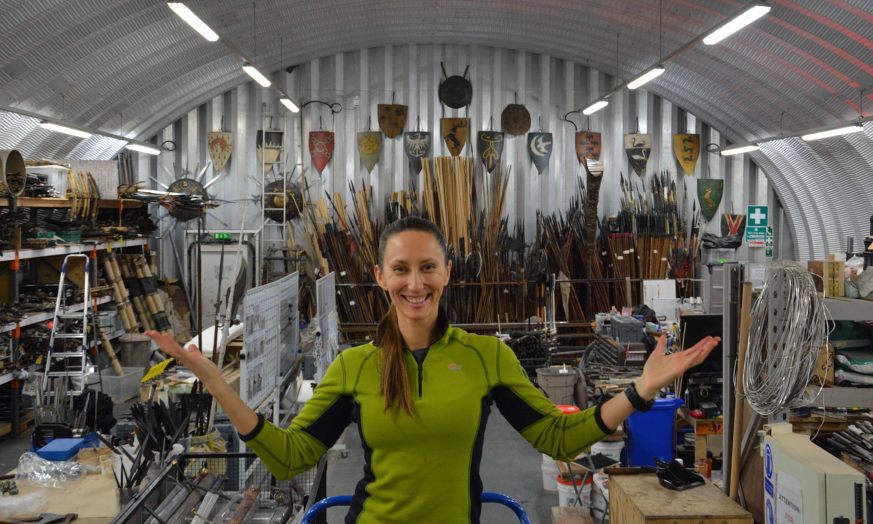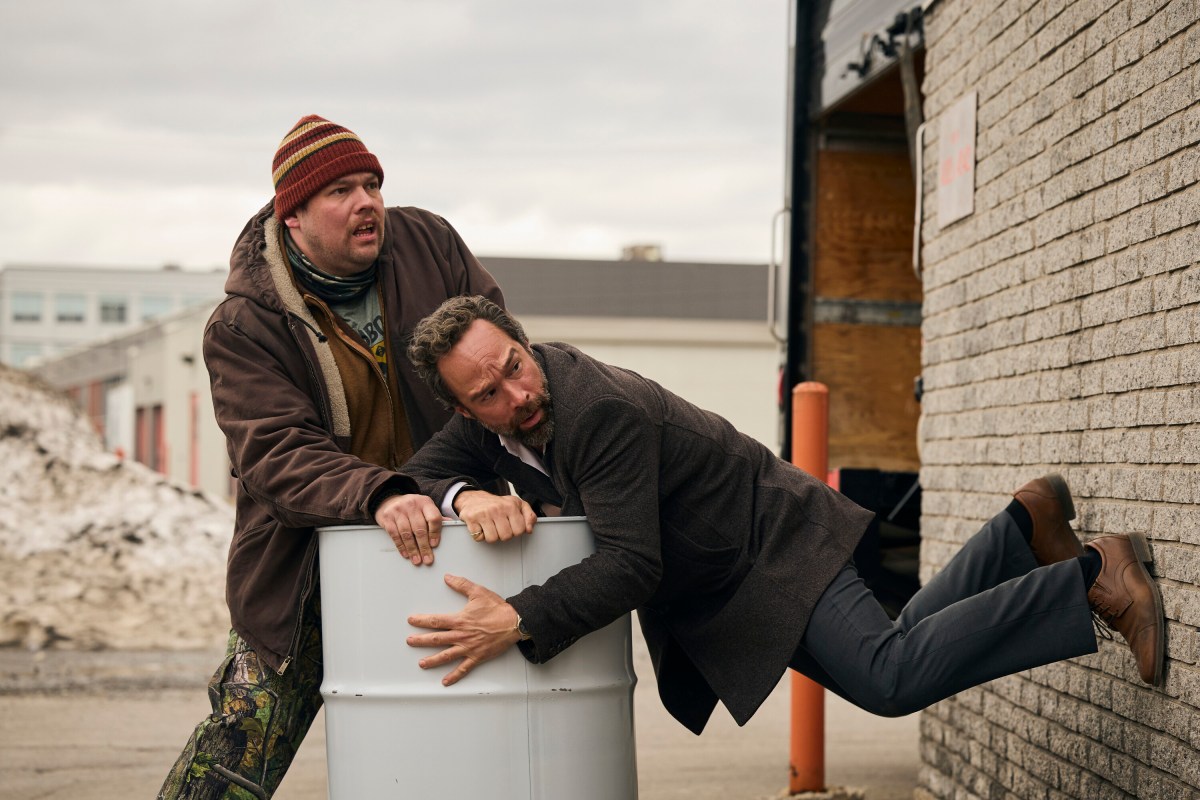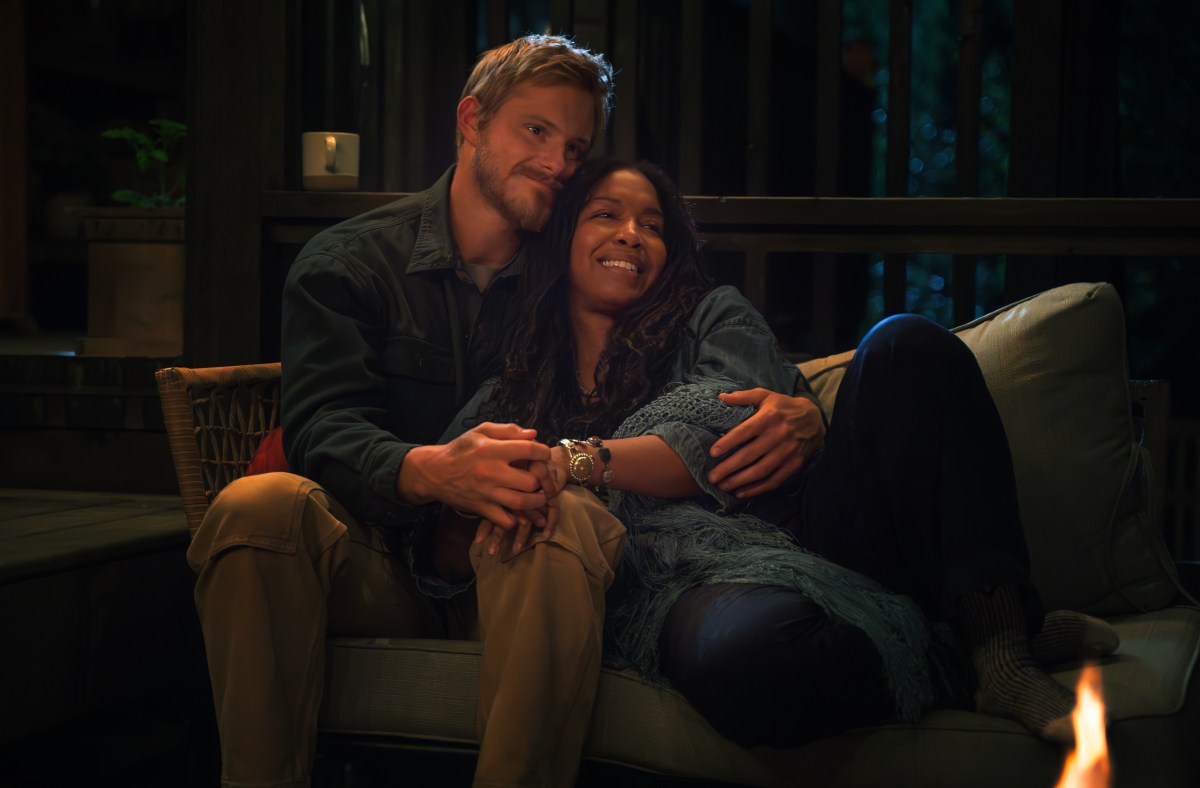Game Of Thrones’ armorer and weapons expert Natalia Lee is already thinking about life beyond Westeros.
Not only has she just moved to Los Angeles from Australia, but she’s also having to embrace a hoard of different weapons, because the city doesn’t do “a lot of sword based work.”
“It is a lot different,” Lee admitted when I spoke to her recently. “Their genre is more firearms based. I have to do a lot more training and get back into firearms. It has been 8 or 10 years since I did that.”
Lee hasn’t worked with firearms in nearly a decade because she has been busy on all eight seasons of “Game Of Thrones,” and during our discussion she broke down exactly what goes into making the show’s huge arsenal of weapons as well as how she originally got into the profession.
When did you first become an armorer?
I don’t think anyone wakes up and thinks, ‘I’m going to become an armorer?’ I don’t think anyone ever knows what the jobs is. I did martial arts, archery and stunt training as a teenager. I had an old school American cowboy that would teach me whip training, which would be good later on when I was doubling as whip stuff. I did security work. So that was firearm’s training, then went into police work as a civilian working in an armory there on the bomb squad. Looking after their ammunition and their weapons needs. And doing minor weapons repairs. So I was always gravitating towards it.
So was it a conscious choice or did you kind of slip into it?
When you keep writing your resume and the same sort of skillset keeps coming up you are kind of limited. You are like, ‘OK, weapons related jobs.’ It feels like you are limited to your skillset. It would be a bit strange to rock up anywhere else with a weapons resume. Friends dragged me to a film seminar one day and there was a film armourer there and asked me to help him with the presentation. Which was me getting shot by weapons. So I stood in front, he put a squib pack on me and fake blood to scare the film students. And we scared the film students when he shot me. He said I was a natural at it. So then I started to assist part-time as a film armourer in Australia, because there wasn’t enough work to be full-time. Gradually I just got more work and shifted over to becoming a film armourer. It is a crazy occupation. Because people come from all kinds of different backgrounds. The real apprenticeship starts on the film set. You have to have a broad generalist approach to weaponry. Because you never know if you are going to work as a gunsmith or on “Game Of Thrones” for 8 years in the fantasy genre and with swords. My mishmash of being exposed to different weaponry set me up perfectly for the film industry. You think that 10 or 20 years ago you were just doing it and then suddenly you are being paid for it. You never think that all of your skills will accumulate and snowball to make you do it as a professional.
What do you look out for in a script?
Everything is different. At our level we will have either been head hunted by studios, who will provide us with scripts, and then you will break it down for them and provide a budget. There’s also legality with fire-arms, possibly importing and exporting weapons from all over the world, setting up workshops. Every project is different but you can usually gauge it by the script straight away. You can sometimes present something that is a little bit too much, and then you have to negotiate with the director to get what you both want. Sometimes you can’t make swords and spears for 10,000 soldiers. So you may have to do 400 and then CGI the rest. “Game Of Thrones” is a big production. We have in-house specialists and an in-house armory workshop. We pretty much make everything hand made. Or maybe we outsource to a specialist casting.
How big is your team on “Game Of Thrones”?
Usually we work with a team of 5. It is quite small, especially since costumes on “Game Of Thrones” have about 50 people. We might hire people if we have thousands of things to make. But there’s usually just the weapons master, and then me working with him running the armory, and just a few others. We might get some other people in of there is mundane stuff to do, like build handles for shields, or making leather belts.
What was the inspiration behind some of your creations?
For Heartsbane, which was the House Of Tarly sword that Samwell Tarly used, I studied biblical paintings. I wanted a classical hunting sort of look. It took me weeks to get that and sketch all of the individual elements. I ran a beautiful arrow down the full length, from the pommel to the cross guard and then flared it out. We then used 3D sketching to create a mold, which we would put in bronze casting. All of that took months. Then we will have variations. We will do rubber variations, we will do rubber variations for fights and for safety in case someone is jumping off a horse. That needs to be meticulously painted to make it look real. Sometimes the research can be horrible, looking at maimed animals from renaissance painting. It isn’t nice looking at dead animals all the time. But a lot of detail goes into it, looking at it from a design point of view and then a historical point of view. Fans can get a lot of it. Because sometimes directors can zoom in on it and that will give you some of the ancestral story of the families.
That must be very rewarding.
We had a lot of creative freedom on the show. I think it is the most I will ever get to be honest. I recently did Amazon’s “Jack Ryan” in Morocco, which is based on a CGI thriller, and it was all modern weaponry. Which meant that it was fixed historically and you had to be very genuine and authentic. Everyone is very particular and specific. This is definitely one project where I was able to actually design stuff, concealing daggers in wrist bracelets and stuff like that. We then nudge the directors and creatives to add that in there, so we were able to influence how death scenes unfold. I will definitely never have that scope for creativity.
Who do you have those discussions with?
Ultimately we report to [showrunners] Dan Weiss and Dave Benioff. They are our gods. They will approve everything. With weapons we have had a lot of leeway, and they have allowed us to come up with things. They want us to keep it gritty and realistic and based in medieval warfare. They are quite specific if they want something. We wanted to push the boat out and give a lot more detail in the weapons for the fans. Because some of them will be kept as replicas and go down in TV history. Plus everyone who watches it knows so much. They know all the names of the swords, they really add to it and bring it to life. And some people do overanalyze it. But that’s great. Because that’s like going into a gallery. If no-one wanted to talk about it you’d be disappointed.
























